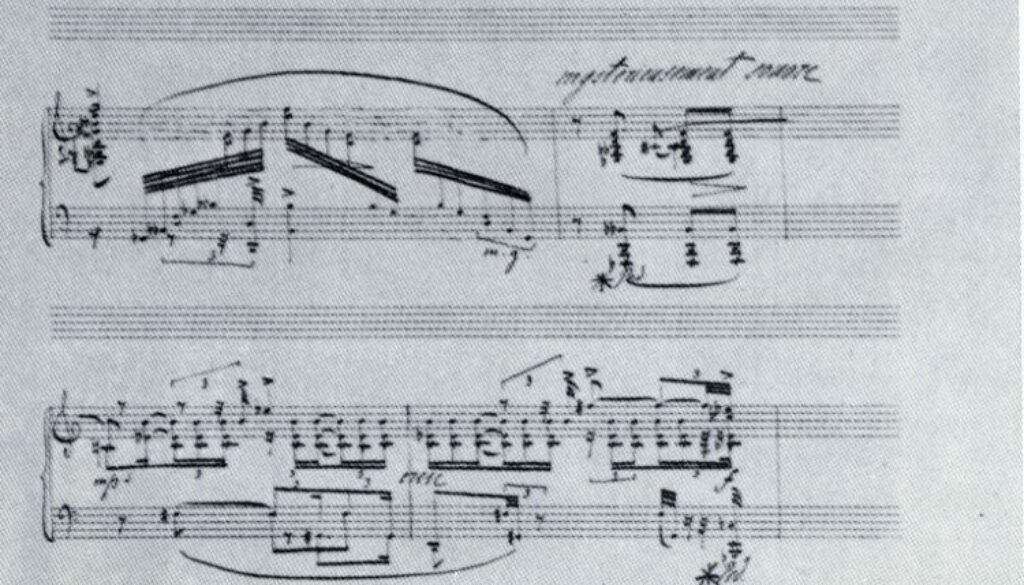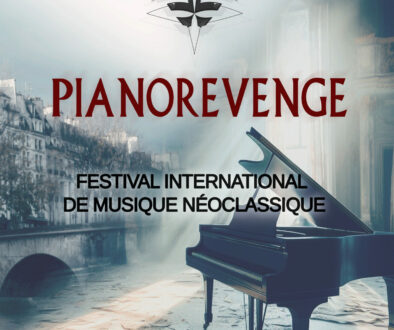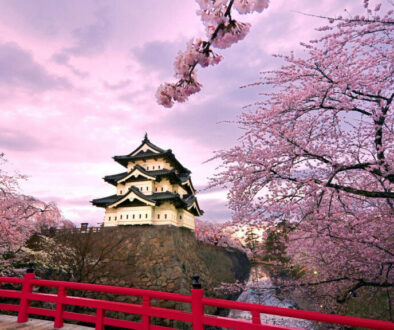Alexandre Scriabin: The Visionary Who Bridged Romanticism and Neoclassicism
In the pantheon of great composers, Alexandre Scriabin stands as a singular genius—a mystic, a revolutionary, and a pianist whose works transcend conventional boundaries. His music, often described as a bridge between late Romanticism and early modernism, also carries the seeds of neoclassical clarity, making him an unexpected but profound influence on the piano’s evolving tradition.
A Pioneer of New Sound Worlds
Scriabin’s early works, drenched in the lush harmonies of Chopin and Liszt, soon gave way to an entirely original language. His fascination with synesthesia—associating colors with musical keys—led him to craft harmonies that shimmer with otherworldly brilliance. Pieces like Vers la Flamme and Sonata No. 5 are not just compositions; they are incantations, summoning listeners into a realm where sound becomes light, emotion becomes physics, and the piano becomes a portal to the cosmos.
The Neoclassical Connection
While Scriabin is rarely labeled a neoclassicist, his later works exhibit a striking precision—crystalline structures wrapped in harmonic daring. His Études and Preludes distill complex emotions into taut, refined forms, foreshadowing the neoclassical movement that would later be championed by Stravinsky and Prokofiev. Scriabin’s ability to balance wild expressiveness with architectural rigor makes him a spiritual precursor to the neoclassical revival—a composer who pushed boundaries while respecting form.
A Pianist’s Composer, A Composer’s Pianist
Scriabin’s own virtuosity shaped his writing. His music demands not just technical mastery but an almost alchemical touch—fluid rubato, delicate pedaling, and a command of dynamic extremes. His Sonata No. 10 dances with capricious lightness, while Sonata No. 9, « Black Mass, » writhes with demonic intensity. Every note is intentional, every phrase a revelation.
The Legacy of a Genius
Scriabin’s untimely death at 43 left his Mysterium—a grand, unrealized ritual meant to dissolve the boundaries between art and existence—unfinished. Yet his influence echoes in the works of Messiaen, Szymanowski, and even modern minimalists. He was a prophet of the piano, a composer who dared to imagine music as a transformative force.
For pianists seeking both challenge and transcendence, Scriabin’s works remain a beacon—proof that innovation and tradition can coexist in a single, luminous voice. Play him, and you don’t just perform notes; you conjure magic.
How Scriabin Can Inspire Contemporary Neoclassical Composers
The music of Alexander Scriabin, while rooted in late Romanticism and Symbolism, offers a wealth of ideas that can resonate deeply with modern Neoclassical composers. His bold approach to harmony, particularly his use of clusters and expanded tonal structures, can serve as a bridge between classical traditions and contemporary explorations. Today’s Neoclassical composers could draw inspiration from his ability to fuse harmonic complexity with intense emotional expressiveness, while maintaining a certain structural clarity.
Furthermore, Scriabin was a visionary who sought to integrate music with other art forms, such as light and color, in his works. This interdisciplinarity can inspire modern neoclassical composers to explore innovative collaborations, whether with the visual arts, technology, or even virtual reality, while remaining true to the principles of form and melody inherent in neoclassicism.
Finally, his use of cyclical motifs and thematic development offers a valuable lesson in creating coherent and evolving works. Neoclassical composers could draw upon these techniques to weave musical narratives that are both complex and accessible, while honoring the traditions of the past.
In short, Scriabin represents an inexhaustible source of inspiration for those seeking to blend innovation and tradition, proving that music can be both deeply rooted and resolutely forward-looking. Alexander Scriabin, the visionary composer and pianist, left behind profound reflections on art and music:
“I am a moment illuminating eternity….I am affirmation…I am ecstasy.”
Alexander Scriabin



